MCQ ON KINGDOM MONERA class 11 for NEET | MCQ ON —NEET Biology class 11th 2022 | MCQ Questions for class 11 Biology chapter 2 | Kingdom Monera with Answer | Check the below NCERT MCQ question for class 11 Biology chapter 2 based on Kingdom Monera with Answers.
MCQ Questions for class 11 Biology with Answers were prepared based on the latest pattern. We have provided class 11 Biology MCQs questions on Kingdom monera with Answers to help students understand the concept very well. MCQ on Monera is useful for NEET/ CSIR/ UGC/ CBSE/ ICSE / AIIMS EXAM/ AFMC EXAM/ JAC/ STATE LEVEL MEDICAL EXAM 2023.
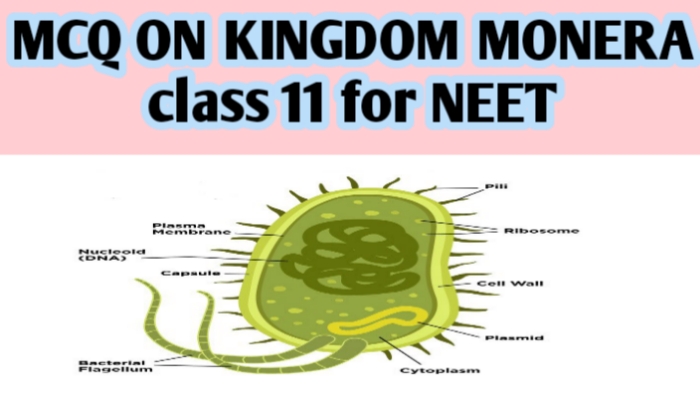
MCQ ON KINGDOM MONERA class 11 for NEET
Bacteria are the sole members of the kingdom Monera. They are the most abundant micro-organisms. Bacteria occur almost everywhere . Hundreds of bacteria are in a handful of soil .They also live in extreme habitats such as hot springs, deserts, snow and deep bacteria are grouped under four categories based on their shape, the spherical coccus, the rod shaped bacillus, the comma shaped vibrium, the spiral spirillum .
MCQ ON KINGDOM MONERA class 11 for NEET
1.The shape of the cocci bacteria is
a. road shaped
b. spherical
c. comma shaped
d. spiral
Ans.b. spherical
2.Maximum nutritional diversity is found in the group
a. fungi
b. animalia
c. monera
d. plantae
Ans. monera
3.Nuclear membrane is absent in
a. penicillium
b. agaricus
c. volvox
d. nostoc
Ans.d. nostoc
4.The cyanobacteria are also referred to as
a. protists
b. golden algae
c. slime moulds
d. blue green algae
Ans.d. blue green algae
5.Archaebacteria differ from eubacteria in:
a. cell membrane structure
b. mode of nutrition
c. cell shape
d. mode of nutrition
Ans.a. cell membrane structure
6.The motile bacteria are able to move by
a. fimbriae
b. flagella
c. cilia
d. pili
Ans.b. flagella
7.The primitive prokaryotes responsible for the production of biogas from the dung of ruminant animal include the
a. Thermacidophiles
b. Methanogens
c. Eubacteria
d. Halophiles
Ans.b. Methanogens
8.Which of the following are found in extreme saline condition?
a. Eubacteria
b. Cyanobacteria
c. Myobacteria
d. Archaebacteria
Ans.d. Archaebacteria
9.Which of the following component provides sticky character to the bacterial cell?
a. Nuclear membrane
b. Plasma membrane
c. Glycocalyx
d. Cell wall
Ans.c. gycocalyx
10.Spliceosomes are not found in cells of
a. fungi
b. animals
c. bacteria
d. Plants
Ans.c. bacteria
11.Archaebacteria differ from other bacteria in having
a. nuclear membrane
b. different cell structure
c. heterocyst
d. gut
Ans.b. different cell structure
12. Which bacteria are photosynthetic autotrophs?
a. cyanobacteria
b. archaebactria
c. methagones
d. all the above
Ans.a. cyanobacteria
13.Name the organism that completely lack a cell wall
a.Mycoplasma
b.cyanobacteria
c.cholera
d.virus
Ans.a.Mycoplasma
14.The organisms are the smallest living cells known and can survive without oxygen.
a.Fungi
b.bacteria
c.mycoplasma
d.plants
Ans.c . mycoplasma
15.Citrus canker disease in plants is caused by
a.virus
b.bacteria
c.fungi
d.protozoa
Ans.bacteria
16.The bacteria can fix atmospheric nitrogen in specialised cells called heterocysts found in
a.Nostoc
b.Anabaena
c.both a and b
d.lactobacillus
Ans.c.both a and b
17.Which bacteria is true bacteria?
a.eubacteria
b.methagones
c.thermoacidophiles
d.halophiles
Ans.a.eubacteria
18.Which bacteria often form blooms in polluted water bodies?
a.cyanobacteria
b.chemosynthetic autotrophic bacteria
c.heterotrophic bacteria
d.archaebacteria
And.a.cyanobacteria
19.Which bacteria play a great role in recycling nutrients like nitrogen, phosphorous, iron and sulphur
a.archaebacteria
b.photosynthetic autotrophs
c.chemosynthetic autotrophic
d.heterotrophic bacteria
Ans.c.chemosynthetic bacteria
20.Cholera, typhoid, tetanus, citrus canker are well known disease caused by different
a.virus
b.algae
c.fungi
d.bacteria
Ans.d.bacteria

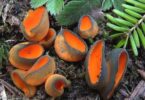
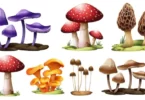
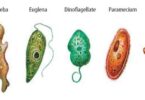
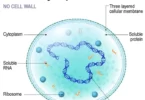
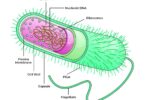
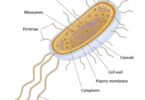
Leave a Comment